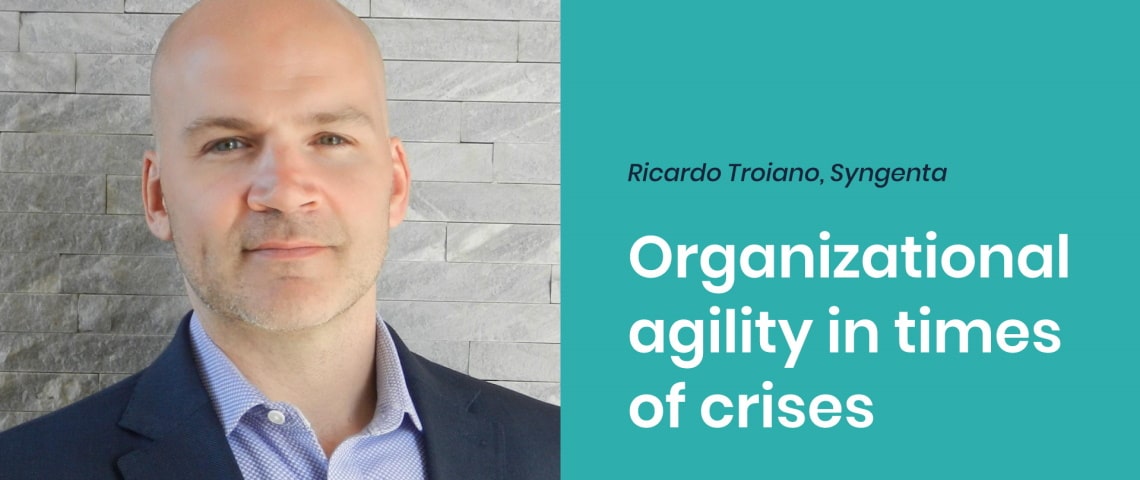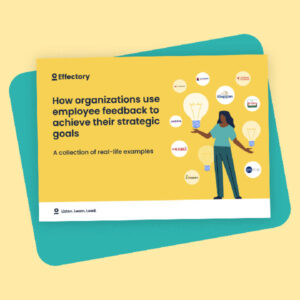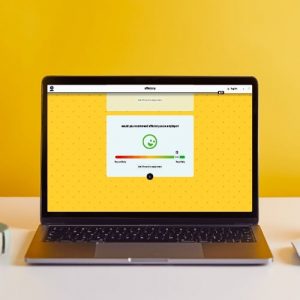How are things looking with your organizational culture? Does it feel stronger than ever, or are changes taking place? What is the best way to deal with a changing organizational culture in times of trouble?
Changing organizational culture

Effectory put this question to Ricardo Troiano, Head of Change and Organizational Effectiveness at Syngenta, a leading international agriculture company. Culture, including organizational culture, is the result of patterns of behavior that are encouraged, discouraged or tolerated by people and “systems” over a period of time. Ricardo Troiano believes that it takes time to change cultures, these learned behaviors. Many processes are being accelerated by the coronavirus crisis, and cultural changes are no exception. How can you manage this situation as an organization? Ricardo Troiano shares his thoughts…
Be-Do-Have model
Organizational cultures take shape around three core pillars, and these pillars are illustrated very effectively in the Be-Do-Have model:
- Be (beliefs): What does your organization believe in? What standards, values and attitudes do your leaders and employees embody? This “pillar” is not visible to those looking in from the outside.
- Do (behavior): The convictions outlined above generate a certain type of behavior. This “pillar” is visible.
- Have (result): The behaviors described above produce results. This “pillar” is measurable.
Let’s use an example to illustrate the process. The result (Have) that Syngenta strives to achieve is “customer focus.” Syngenta does this by engaging with the following behaviors (Do): curiosity, experimentation, empowerment, responsibility and urgency. Why? Based on the underlying conviction (Be) that the success of the customer determines the success of Syngenta.
How can organizational culture be changed?
Changing organizational culture can be a strategic decision but also an effect from a change in the company’s environment. Setbacks, such as the current situation with the coronavirus crisis, can threaten the culture of your organization. This is because all kinds of changes are suddenly taking place. But these changes also represent an opportunity for your organization. An opportunity to learn from your setbacks and to make changes at the very core of your culture. What did you do differently? How did your employees, shareholders and customers respond? What worked well and what didn’t work? All the lessons you have learned will help changing your organizational culture to perform even better in the future.
Stop and learn!
Holocaust survivor Viktor Frankl once said: “Between stimulus and response there is a space. In that space is our power to choose our response. In our response lies our growth and our freedom.” My advice in times of crisis? Use this space; stop, respond and learn. Engage your employees and truly listen to them. How are they doing? How are they dealing with this situation? How can you help your employees? And how can you learn from this setback together?
Success stories from successful organizations
Discover how successful organizations use employee feedback for retention, engagement, and productivity. Learn essential features and success stories to achieve HR goals!
Receive the inspiration bundleWhy change organizational culture?
Another good quote, this time by David Bowie: “Tomorrow belongs to those who can hear it coming.” If you really listen today, you will reap the rewards tomorrow. Now is the time to make change, as our convictions are wavering. Think about the term “productivity.” What does it actually mean? Is productivity about the number of hours we spend in the office or about the result? Now more than ever, this term is the subject of discussion. As is the belief that “homeworking doesn’t work.” Because now we’re all suddenly working from home! In times of crisis, our beliefs change. And according to the Be-Do-Have model, this leads to new behaviors in the future. Our normal will gradually become the “new normal.”
Three golden rules
To finish, let’s briefly sum up with three golden rules:
- Use the lessons of the past: Learn from your successes, but also from your failures.
- Listen in order to understand: Be curious, don’t judge, engage your employees and really listen.
- And finally: Use the knowledge you gain to better shape the future of your organization. Be open to changing your beliefs and choose new behaviors.
Want to find out more about organizational culture?
Thank you, Ricardo, for this interesting webinar! Are you keen to find out more about organizational culture, crisis management, leadership and being a good employer? Each week, Effectory hosts a free webinar covering a topic that is relevant to the times we now live in.
Book a free demo. See our solutions in action.
Effectory is Europe’s Leading provider of Employee Listening Solutions. Schedule a product demo and discover how to enhance your employees’ engagement.
Demo request
